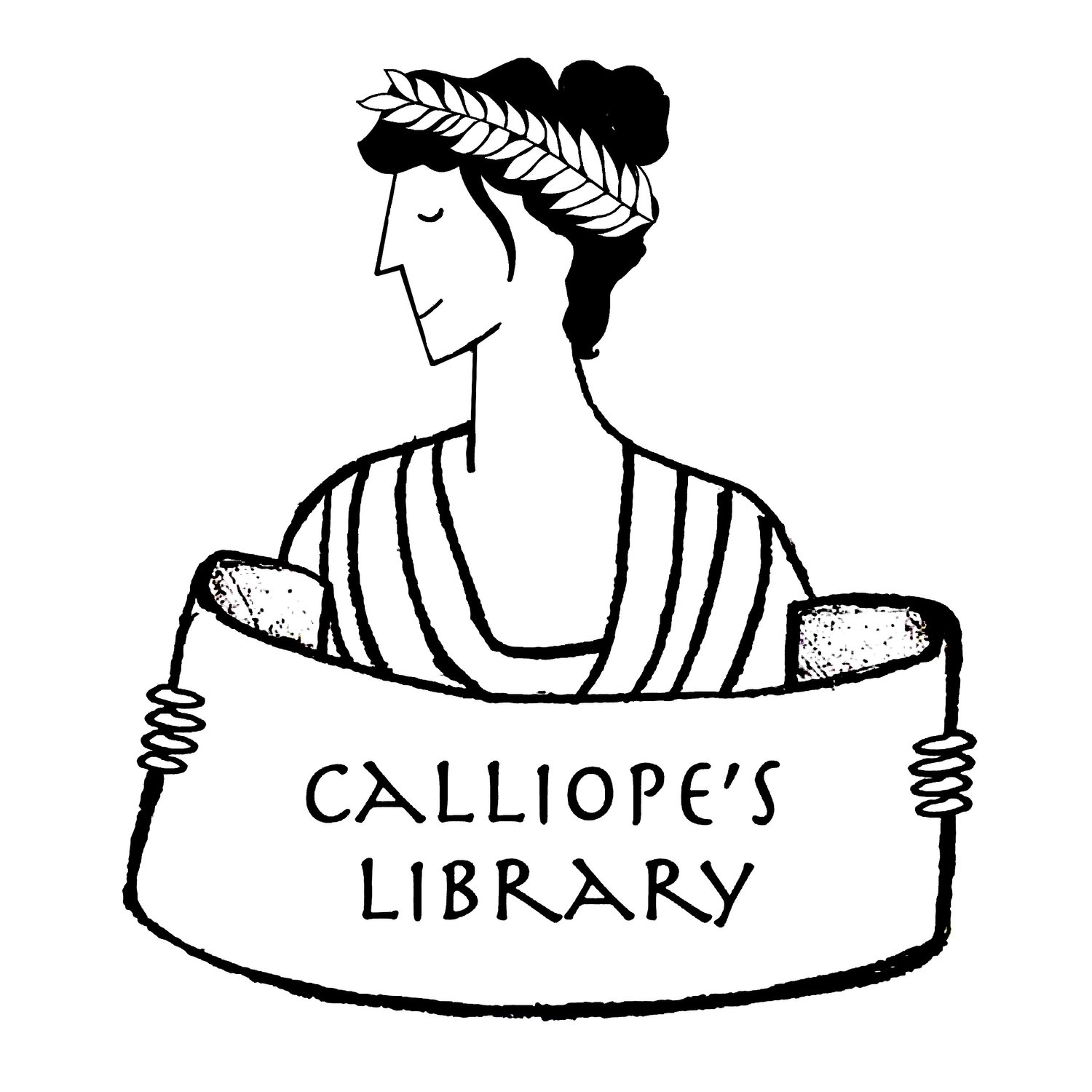Title: Beast Keeper (Beasts of Olympus, 1)
Author: Lucy Coats
Illustrator: Brett Bean
Date: 2015
Tags: Chapter book, Novel, Mythology, Hercules, Pan, Hephaestus, Hera, Ancient worlds, Animal characters, English
Readers interested in a scholarly approach to children’s literature may consult this title on Our Mythical Childhood Survey*
Pandemonius, (Demon, to his friends) is living a perfectly normal life with his mom on their farm when his long absent dad, the Greek god Pan, whisks him away to Mount Olympus. It seems that the gods need a new keeper of the Olympian stables, and Demon has been “volun-told” for the job. The divine beasts of Olympus are pretty fun, once they stop trying to eat him, scorch him alive, or maim him. The really tricky thing is patching them up after the hero Hercules defeats them back on earth. That, and dodging the goddess Hera, who has the worst temper on Mount Olympus. Will Demon manage to stay on the grumpy goddess’ good side, keep his beast safe, and prove that he’s up to the task of minding the gods’ menagerie?
Lucy Coats is one of the best living adaptors of Greek myths for kids. Leave it to her to come up with a fun new take on a very old story. I had to feel for poor Demon, dumped in the middle of a high-pressure job with no training, where failure means the gods are out to get you, and half the time something is trying to eat you and the rest is shoveling poo. He’s a cheerful, resourceful kid, though, and quickly finds his footing. My favorite part was when he shouted that he’ll stab Hercules if he hurts ONE more of Demon’s beasts. Honestly, that’s a matchup that I’d like to see. Go ahead, read it. I bet that you’ll love it. – Krishni Burns
* For further information on the Our Mythical Childhood Survey, please refer to the website of the project “Our Mythical Childhood” [link: http://omc.obta.al.uw.edu.pl/], led by Prof. Katarzyna Marciniak at the Faculty of “Artes Liberales,” University of Warsaw, Poland, with the participation of Bar Ilan University, University of New England, University of Roehampton, University of Yaoundé 1, and other affiliated scholars, within the funding from the European Research Council (ERC) under the European Union’s Horizon 2020 Research and Innovation Programme (grant agreement No 681202).


